| Overview | |
 |
1817 Elizabeth Fry Angel of the prisons |
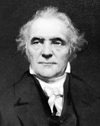 |
1819 Thomas Chalmers `To help the poor to help themselves` |
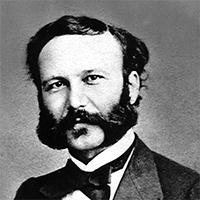 |
1863 Jean Henri Dunant The birth of the Red Cross & Red Cresent |
 |
1864 Octavia Hill Social housing and home visits |
 |
1884 Arnold Toynbee University Settlement |
 |
1889 Jane Addams Settlement work in North America |
 100px.jpg) |
1899 Joseph Rowntree A dynasty of philanthropy and research on social problems |
 |
1917 Mary Ellen Richmond The founding mother of social casework |
 |
1929 Alice Salomon Internationalisation of social work education |
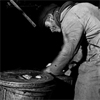 |
1933 Orwell, Griffin and others The (in)humanity behind statistics |
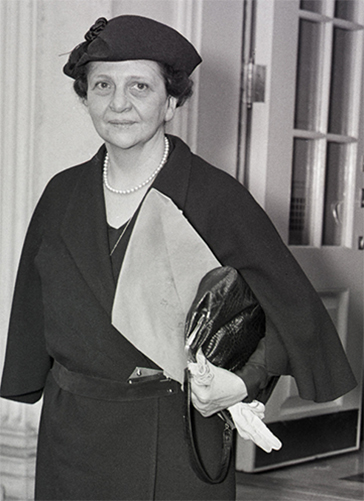 |
1933 Frances Perkins Social work by proxy of social policy |
 |
1934 Bertha Reynolds |
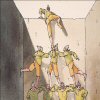 |
1935 Alcoholics Anonymous The emergence of self help groups |
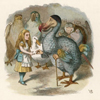 |
1936 The dodo-bird and social work What matters? Interventions or common factors? |
 |
1942 William Henry Beveridge The architect of the welfare state |
 |
1946 Saul Alinsky the founding father of community organizing |
 |
1947 Eileen Younghusband The importance of high standards for social work education |
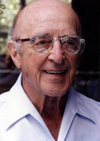 |
1951 Carl Rogers The importance of empathy |
 |
1961 Jane Jacobs Urban visionary |
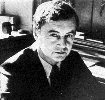 |
1961 Erving Goffman Total institutions |
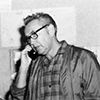 |
1967 John van Hengel & food banks philanthrophy for the hungry |
 |
1969 Sherry Arnstein Ladder of participation |
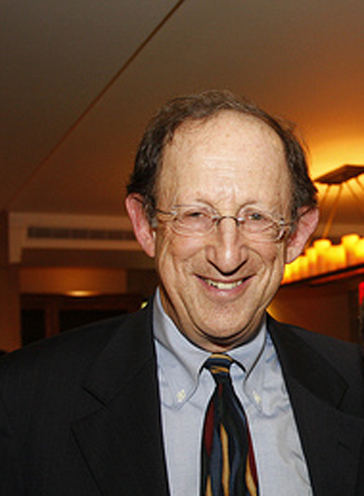 |
1969 Michael Lipsky Street level bureaucrats and discretionary power |
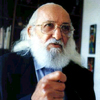 |
1970 Paulo Freire Pedagogy of the oppressed |
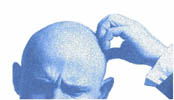 |
1973 Joel Fischer The father of professional scepticism |
 |
1975 Fundamental Principles of Disability A paradigm shift towards a social model |
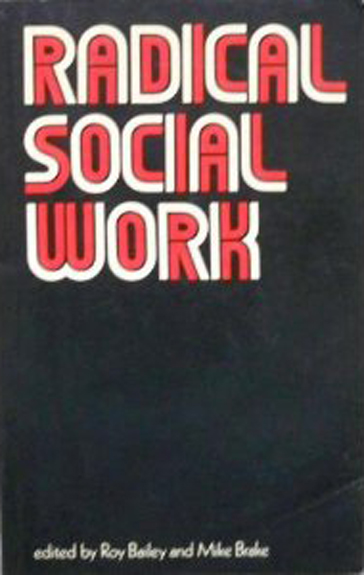 |
1975 Radical social work Refocusing social work, seeing more than the individual |
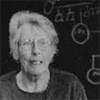 |
1978 Ann Hartman Family therapy, ecomaps and genograms |
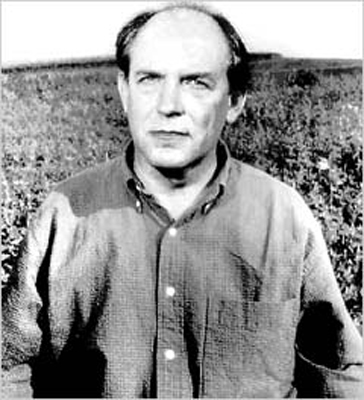 |
1984 Charles Murray A critique on social work and the welfare state |
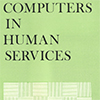 |
1985 social work and computers |
 |
1995 Robert Putnam Social capital as an active ingredient of social welfare |
 |
2001 Theodore Dalrymple How the welfare state maintains the underclass |




